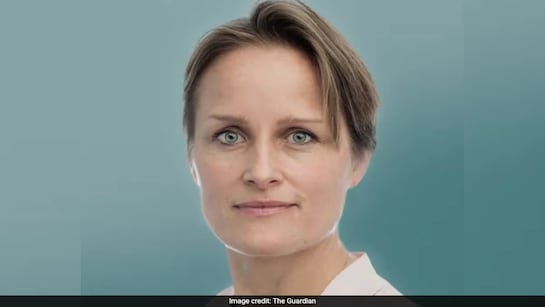The United Kingdom has named Blaise Metreweli as the new chief of the MI6 Secret Intelligence Service, marking the first time a woman has been appointed to lead the storied British spy agency.
Prime Minister Keir Starmer announced the historic appointment on Sunday, saying it comes at a critical time for national security.
“The historic appointment of Blaise Metreweli comes at a time when the work of our intelligence services has never been more vital,” Starmer said in a statement issued by Downing Street. “The United Kingdom is facing threats on an unprecedented scale — be it aggressors who send their spy ships to our waters or hackers whose sophisticated cyber plots seek to disrupt our public services.”
Metreweli, who is currently the agency’s Director General for technology and innovation — a role internally known as “Q” — will assume the top position in the autumn, replacing outgoing MI6 head Richard Moore.
With her elevation, Metreweli will become the 18th head of MI6, which gained global prominence through Ian Fleming’s fictional spy character James Bond. In contrast to the cinematic depiction of “M” — a role notably played by actress Judi Dench — the MI6 chief is referred to as “C” and reports directly to the Foreign Secretary. The position is the only publicly named role within the otherwise secretive organisation.
A career intelligence officer, Metreweli joined the service in 1999 after completing her studies in anthropology at the University of Cambridge. She has since held senior positions in both MI6 and its domestic counterpart MI5, and is said to have spent much of her career in operational roles across the Middle East and Europe.
While the announcement refrained from disclosing further biographical details, it noted that Metreweli’s background combines field experience with technical expertise, aligning with the agency’s growing emphasis on cyber and digital threats.
The appointment of a woman to head MI6 follows a broader trend across Britain’s intelligence community. In 1992, MI5 appointed Stella Rimington as its first female Director General, followed a decade later by Eliza Manningham-Buller. Last year, the UK’s signals intelligence agency GCHQ named Anne Keast-Butler as its director — another first in the sector.
Observers say Metreweli’s promotion reflects a generational shift within the intelligence services and underlines the evolving nature of espionage in an era dominated by digital warfare, cybercrime, and transnational threats.






